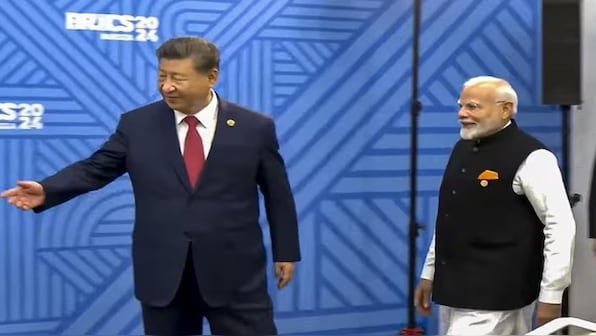
On October 23, 2024, Indian Prime Minister Narendra Modi met Chinese President Xi Jingping at the BRICS summit that is taking place in Kazan, Russia. This was their first meeting since 2020, when forces from both countries clashed at the border and ties between the countries nosedived. However, in an unprecedented move, the two countries came to an agreement earlier this week on the Ladakh border, bringing an end to the four-year military standoff.
While there is much analysis, observation, and prediction on the future of the India-China relationship, what is undeniable is the significance of this step towards a resolution. Considering that one of the main challenges to India’s foreign policy is China, which has its own vision backed by its own capacities, drawing towards it many countries, the fact is today India is refusing to play second fiddle to anyone. India is clear that the state of its borders will determine the state of a relationship.
Irrespective of the agreement, de-escalation and de-induction of the forces from the border would be a complicated matter and are likely to take considerable time. Additionally, the dispute between India and China has historical moorings, and one agreement is unlikely to wash away the trust deficit and the question surrounding China’s future ambitions. India and China at this point may be responding to world events, but questions of regional order, old border disputes, power asymmetry, as well as moving towards a multipolar world will all be areas that will need to be tackled at some point.
But what is clear as of now is that India’s foreign policy is ready to adjust to a broader multipolar world, a definitive shift from a unipolar world. India’s policymakers have managed to carve out its autonomous needs with a multi-alignment, multi-directional foreign policy. While China’s ambitions for a unipolar Asia , Sino-Pak collusion, and the CPEC cannot be ignored, India must continue to focus on the policy of engagement with China, with its primary strategy being investing in deterrence for the foreseeable future. China too is making tactical adjustments with countries like Japan; therefore, the time is ripe to bring to a conclusion pending issues, a factor not lost on India showcasing how India’s dynamic foreign policy has successfully resolved one of the most intractable problems of Indian diplomacy while strengthening BRICS.
Content retrieved from: https://www.firstpost.com/opinion/ramification-transforming-ties-indias-evolving-foreign-policy-towards-china-and-other-neighbour-13828990.html.




